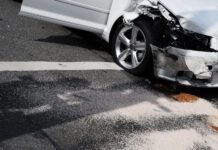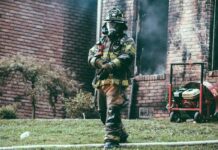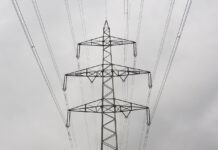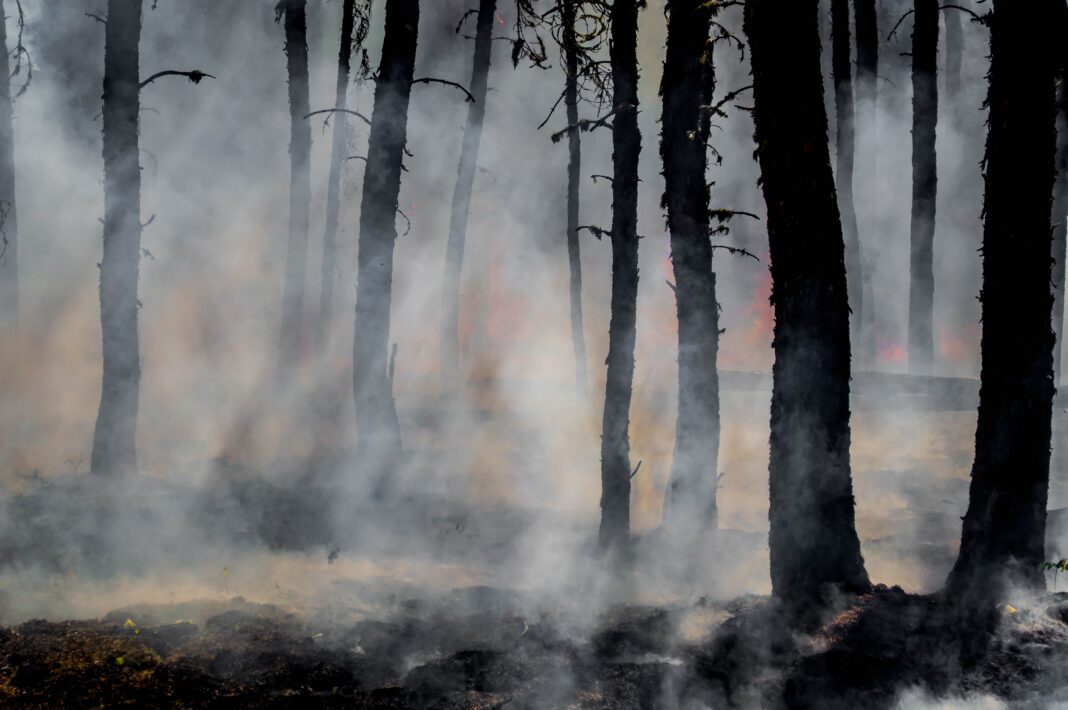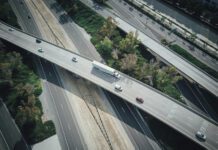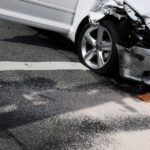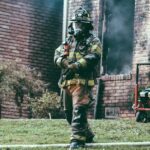A wildfire in the Medical Lake area burned thousands of acres, dozens of homes, and left one-person dead on August 18.
In the days leading up to the wildfire, the area in the Spokane region had been experiencing 100-degree temperatures and critical winds. This wildfire is one of the region’s worst natural disasters. Firefighters tackled the flames but could not stop them from spreading into the town west of Spokane. Flames scorched nearby hospitals, schools, and homes. According to the Seattle Times, helicopter pilots helped diminish the potential damage by dumping water drawn from the Medical Lake onto affected buildings.
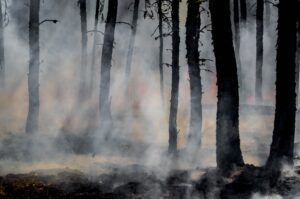
A spokesperson for the Washington State Department of Natural Resources reported that as of 8:30 AM on August 19, the fire had grown to an estimated 9,500 acres. The fire was at about 10% containment as of noon on Saturday, and so far, 185 structures were counted as destroyed or burned. Officials state that more surveying needs to be conducted to truly measure the damage.
Information regarding the person who fatally died has not yet been released. The cause of death has yet to be determined but reported to have occurred within the evacuation area.
“The severity and amount of irreversible damage caused by the wildfire in the Medical Lake area is extremely concerning. The cause of the fire should be investigated immediately as many community members, fire personnel, and structures were put in harm’s way as a result of its intensity,” said Gerald Singleton at Singleton Schreiber. “My thoughts are with the family of the deceased as they navigate this challenging time.”
If you or someone you know has been impacted by the wildfire in the Medical Lake area, contact the Eastern Washington fire attorneys at Singleton Schreiber by calling (619) 771-3473 or by emailing info@singletonschreiber.com.
Eastern Washington Wildfires
Eastern Washington, with its sweeping landscapes and breathtaking natural beauty, has long been a haven for outdoor enthusiasts and those seeking solace in nature’s embrace. However, this serene region has found itself engulfed in a relentless battle against a destructive force: wildfires.
The surge in Eastern Washington wildfires can be attributed to a complex interplay of factors, where human activity, climate change, and natural conditions converge. The arid climate of the region, marked by dry summers and an abundance of flammable vegetation, creates a tinderbox waiting for a spark. Rising temperatures and prolonged droughts, fueled by climate change, exacerbate the vulnerability, making ignition sources all the more potent.
The toll of Eastern Washington wildfires extends beyond the charred landscapes. Communities face evacuation orders, leaving behind homes, memories, and a sense of security. Businesses suffer as tourism dwindles, impacting local economies and livelihoods. The emotional toll is profound, as residents grapple with uncertainty, loss, and displacement. Furthermore, the smoke and particulate matter from these fires deteriorate air quality, posing health risks to populations even miles away from the epicenter.
The ecological consequences of Eastern Washington wildfires reverberate through the environment for years to come. Habitats are destroyed, and wildlife populations face displacement and peril. Ecosystems that have evolved over centuries are disrupted, leading to imbalances that affect the entire food chain. The delicate equilibrium that once characterized the region’s flora and fauna is now under siege, necessitating extensive efforts for rehabilitation.
The battle against Eastern Washington wildfires necessitates a collective response, where communities, governments, and organizations come together to mitigate the risks. Prevention efforts focus on responsible land use, fire-safe practices, and stringent fire restrictions during high-risk periods. Early detection technology, community education campaigns, and increased firefighting resources play crucial roles in reducing the spread and impact of wildfires.
Eastern Washington wildfires are a poignant reminder of the fragile balance between human progress and the environment’s intricate ecosystems. As we navigate the complex web of factors contributing to this crisis, it becomes evident that proactive measures, responsible decision-making, and community engagement are the keys to safeguarding the region’s natural beauty and ensuring a sustainable future. By collectively addressing these challenges, we can stand united against the destructive forces of nature and build a more resilient Eastern Washington for generations to come.
“My hope is that the cause of the wildfire is heavily looked into and those responsible for its damage are held responsible,” added Mr. Singleton. “Anyone affected by its wrath or that underwent extensive damage or harm should consult a knowledgeable fire attorney that can assist in determining liability and fault.”
If you or someone you know has been impacted by the wildfire in the Medical Lake area, contact the Eastern Washington fire attorneys at Singleton Schreiber by calling (619) 771-3473 or by emailing info@singletonschreiber.com.
